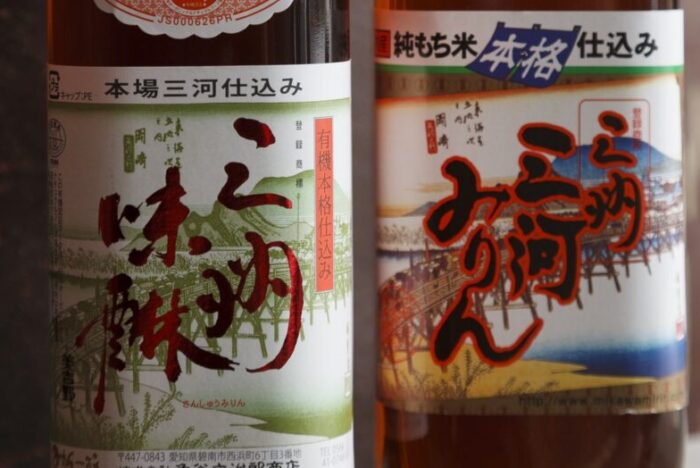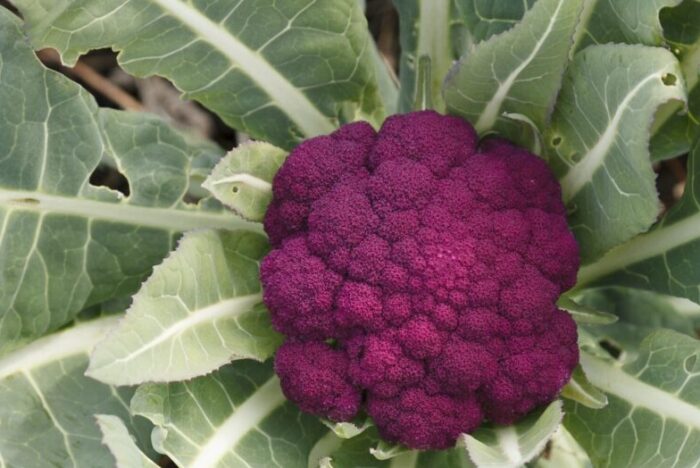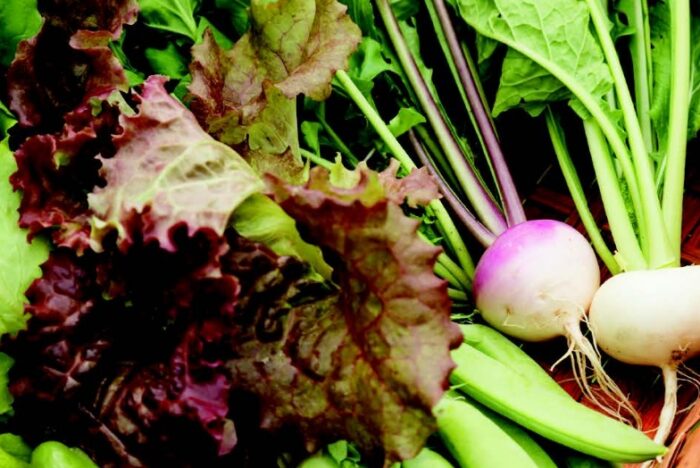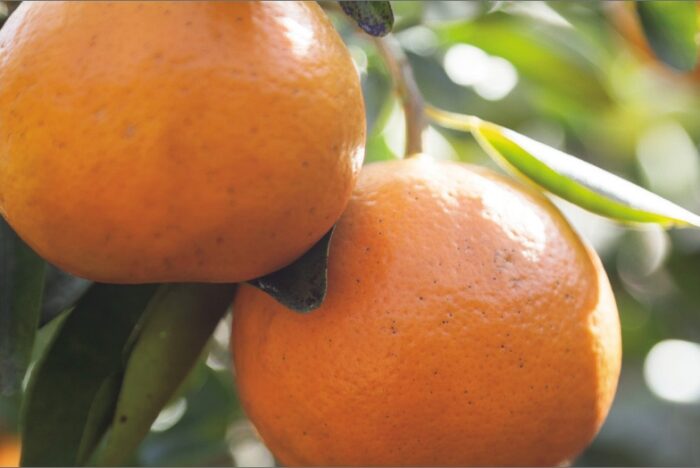News Wave in Gastronomy:from Latin America
Vol.3 Gastrodiplomacy: Bringing Food Culture and Economics to the Table
2015.12.05
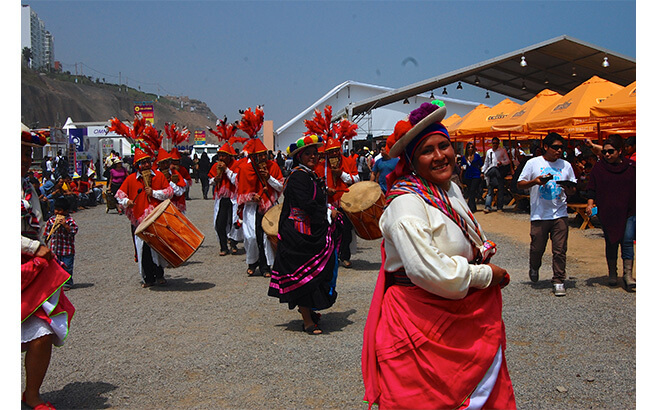 |
Food as an effective tool for diplomacy
Food is more than sustenance. What we eat is an expression of cultural identity and a means of communication. In recent years, national governments have been utilizing cuisine as a savvy diplomatic tool. “Gastrodiplomacy,” a subtle form of cultural promotion, aims to deepen economic and political ties between countries through food. Cuisine, as chef Gaston Acurio pointed out at the World Economic Forum (WEF) Latin America Summit in April, can be “an instrument for integration to strengthen identity and culture, and to generate opportunities for people who don’t have opportunities.”
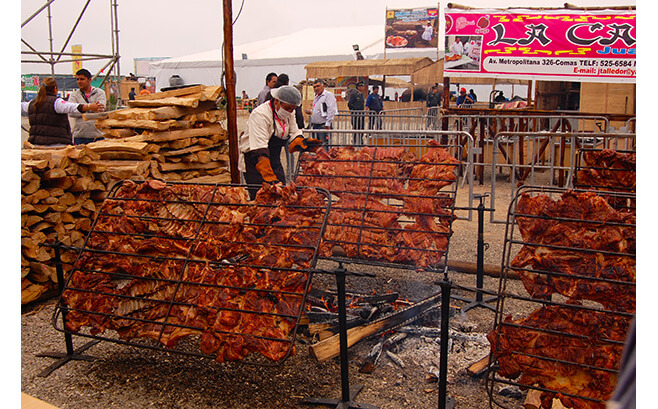 |
Introducing Local cuisines to the world
The past decade has seen a dramatic rise in the number of formal initiatives backed by public funds. One of the first countries to embrace gastrodiplomacy was Thailand, which launched its “Global Thai Program” in 2002 to increase the number of restaurants abroad. Korea followed in 2009, investing 50 billion won in its “Korean Cuisine to the World” campaign, which pushed for the inclusion of Korean cooking classes at culinary schools overseas and offered grants for culinary students. The trend isn’t limited to emerging markets: Last year, the U.S. State Department established the American Chefs Corps to interact with foreign leaders at official state functions and to foster cultural exchange.
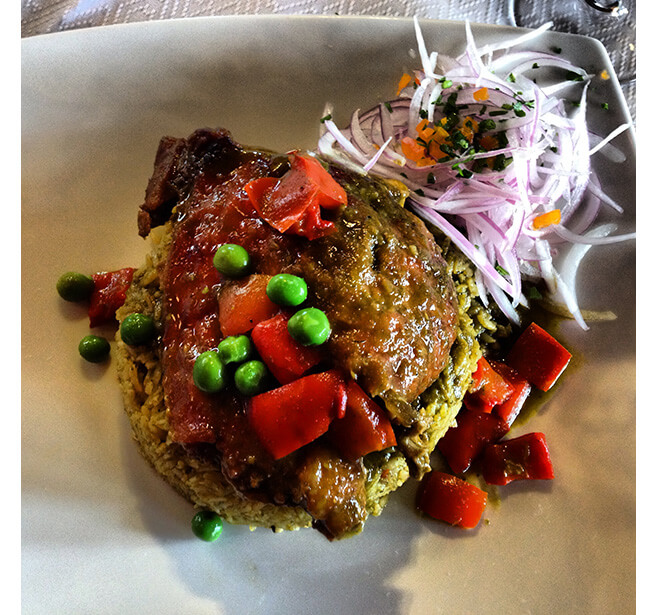 |
Chefs: Central to gastrodiplomacy
Peru boasts the most successful gastrodiplomacy campaign to date. Led largely by Mr. Acurio, the movement’s first objective was to promote Peruvian food culture by establishing a presence around the world. According to the Ministry of Foreign Trade and Tourism, the number of Peruvian restaurants grew 45% between 2000 and 2009. In November 2012, UNESCO declared Peruvian gastronomy an “Intangible Heritage of Humanity.” The campaign’s second phase has concentrated on the promotion of Peruvian products, such as chili peppers, through various marketing efforts in order to increase exports and ensure fair pricing. Integral to the strategy is direct engagement with sustainable farmers and fishermen.
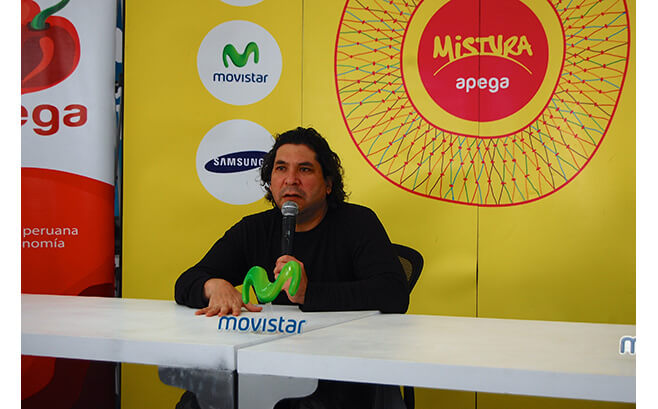 |
"Food is weapon against poverty"
The third stage aims to build up tourism. The governmental organization PromPeru has helped to bring journalists and other culinary leaders to Peru for gastronomic tours and events like Mistura, the county’s largest food festival. The 10-day festival, which began in 2008, showcases Peru’s diverse food culture. Originally, it was intended to reintroduce Peruvians to their own cuisine and instill national pride. Now, says Mr. Acurio, the idea is to “bring the world” to Mistura. The Embassy of Peru in Washington, D.C., estimates that for every seven tourists, one permanent job is created. With roughly 20% of Peru’s population working in the food industry, the economic impact is significant. “Food is a weapon against poverty,” Mr. Acurio concluded.
text and photographs by Melinda Joe |



